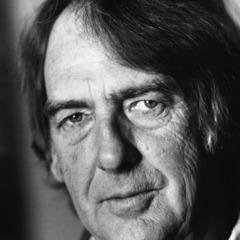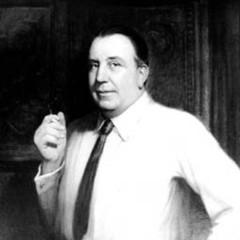Divine Quotes - Page 14
Dr. Martin Luther King, Jr. (2012). “A Gift of Love: Sermons from Strength to Love and Other Preachings”, p.144, Beacon Press
Spike Lee, Ralph Wiley, Malcolm X (1992). “By any means necessary: the trials and tribulations of the making of Malcolm X”, Hyperion Books
In accordance with the divine wisdom, genesis can only take place through destruction.
Moses Maimonides, Aeterna Press (1948). “The Guide for the Perplexed”, p.436, Aeterna Press
Laura Hillenbrand (2010). “Unbroken: A World War II Story of Survival, Resilience, and Redemption”, p.376, Random House
Prevarication, how divine! I always did get along better with sinners.
Karen Chance (2011). “Cassie Palmer Novels 1-5”, p.652, Penguin
Joseph De Maistre (2011). “The Generative Principle of Political Constitutions: Studies on Sovereignty, Religion, and Enlightenment”, Transaction Publishers
Where the nightingale doth sing Not a senseless, tranced thing, But divine melodious truth.
Samuel Taylor Coleridge, John Keats, Percy Bysshe Shelley (1829). “The Poetical Works of Coleridge, Shelley, and Keats. Complete in One Volume”
"Dictionary of Burning Words of Brilliant Writers" by Josiah Hotchkiss Gilbert, (p. 193), 1895.
Jack Deere (1998). “Surprised by the Voice of God: How God Speaks Today Through Prophecies, Dreams, and Visions”, p.45, Zondervan
By our trust in the divine beauty in every person we develop that beauty in ourselves.
Hazrat Inayat Khan “The Sayings of Hazrat Inayat Khan”, Library of Alexandria
Frederick William Robertson (1857). “Sermons Preached at Trinity Chapel, Brighton: Second Series”, p.54
Florence Nightingale, Lynn McDonald (2002). “Florence Nightingale's Theology: Collected Works of Florence Nightingale”, p.578, Wilfrid Laurier Univ. Press







